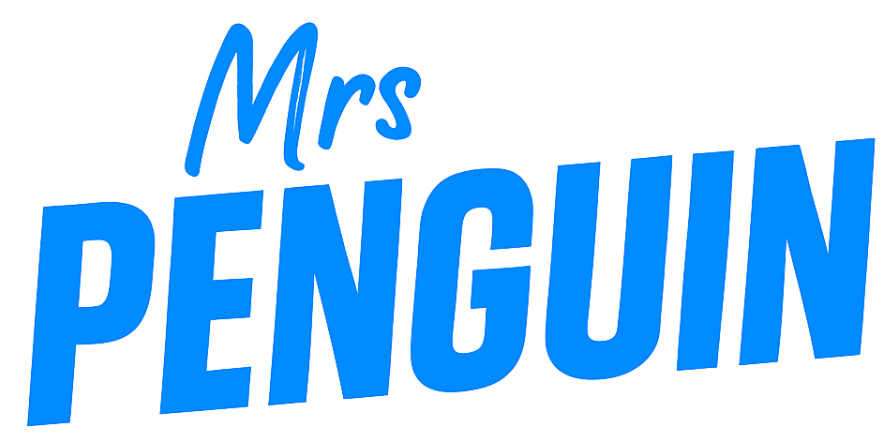- Functional beverages are booming, driven by consumer demand for stress relief, immunity, and energy support.
- Adaptogens like ashwagandha, ginseng, and reishi mushrooms are becoming mainstream ingredients in drinks.
Walk into a trendy café or grocery aisle, and you’ll see more than cold brews and sparkling waters. From mushroom lattes to ashwagandha sodas, functional beverages are the latest wave in the wellness-meets-food movement. These drinks promise not just hydration but a boost in mood, focus, energy, or even sleep quality.
Why Everyone’s Sipping Smarter
Functional beverages are drinks formulated with ingredients that claim to support health beyond basic nutrition. Think probiotics in kombucha, CBD in sparkling tonics, or collagen in flavored waters. According to Grand View Research, the global functional beverage market was valued at over $200 billion in 2022 and is expected to keep climbing, fueled by health-conscious millennials and Gen Z.
Adaptogen drinks are a major driver of this trend. Adaptogens are herbs and natural compounds believed to help the body adapt to stress. Popular options include ashwagandha for calm, ginseng for energy, and reishi mushrooms for balance. Brands like Kin Euphorics and Recess have built entire identities around adaptogen-powered drinks, marketed as healthier alternatives to alcohol or sugary sodas.
From Niche Wellness to Mainstream Cool
What was once niche in wellness shops is now showing up in national retailers. Whole Foods listed functional drinks as one of its top food trends, and major soda companies are experimenting with their own lines. Even Starbucks has dabbled with functional ingredients like turmeric and matcha, catering to demand for drinks with a health halo.
Social media also fuels the boom. Videos of mushroom coffee morning rituals or sparkling ashwagandha tonics rack up millions of views on TikTok, helping transform functional beverages from wellness subculture to lifestyle staple. As Forbes notes, adaptogen beverages are poised to rival kombucha as the next big drink category.
Still, experts urge caution. While many adaptogens have centuries of traditional use, scientific research is ongoing, and effects vary from person to person. But for consumers looking for “better-for-you” sips, functional beverages are clearly hitting the sweet spot.
In the bigger picture, this is about more than just drinks—it’s a reimagining of how we consume wellness itself. When stress relief, gut health, or better sleep can be sipped from a can, food culture isn’t just about flavor anymore. It’s about function, balance, and the lifestyle promise packed into every bottle.
Related posts:
Jacklyn is a San Diego–based food journalist with a background in the confectionery world. Before diving into food reporting, she worked at a startup crafting plant-based, low-sugar sweets designed to make candy a little healthier







